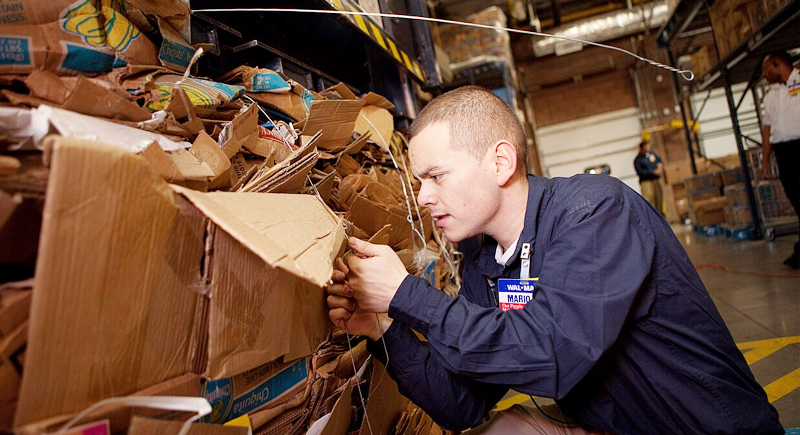The One Employee Red Flag a Walmart Executive Warns About Most
In every workplace, leaders pay close attention to their employees’ habits. Some actions open doors to promotions and new opportunities, while others limit growth. According to Donna Morris, Executive Vice President and Chief People Officer at Walmart, the difference often comes down to how workers approach challenges. For her, negativity without solutions is one of the biggest warning signs that an employee may not advance.
The Red Flag That Halts Progress

Image via iStockphoto/Bavorndej
Morris has spent decades leading teams, including nearly twenty years at Adobe before joining Walmart in 2020, where she now oversees the employee experience of millions. With such an extensive background, she has identified a consistent obstacle to success: people who bring only problems to the table.
Managers quickly notice employees who complain or shoot down ideas without offering a constructive alternative. This behavior drains both morale and trust. Over time, it signals that the employee may not be invested in progress or collaboration, which makes leaders reluctant to assign them important projects.
Traits That Separate Top Performers

Image via Wikimedia Commons/Walmart from Bentonville, USA
If constant negativity creates barriers, proactive behavior removes them. Morris values employees who meet or exceed deadlines, deliver more than expected, and request support before a problem grows out of control. She explains that responsibility and foresight demonstrate maturity, which leaders reward with more opportunities.
Practical ways to stand out include volunteering to mentor new hires, suggesting workflow improvements, researching new industry tools, and presenting how they might benefit the team. These habits show curiosity, accountability, and commitment beyond one’s own role.
Why People Skills Matter More in the AI Era
While technical knowledge is always valuable, Morris argues that interpersonal strengths are becoming increasingly important. Since artificial intelligence has started handling more routine and technical work, the skills that remain uniquely human, like communication, adaptability, and relationship-building, carry greater weight.
In her conversation with Columbia Business School, she emphasized that agility and connection make employees indispensable. Networking with colleagues, finding mentors, and maintaining professional relationships provide a safety net, especially during layoffs or transitions. Strong relationships often translate into references, recommendations, and future opportunities.
The Power of Curiosity and Self-Documentation

Image via iStockphoto/Tippapatt
Success is also tied to continuous learning. Research from Harvard Business School highlights that asking thoughtful questions not only boosts actual knowledge but also improves how others perceive your expertise. Morris encourages employees to remain curious about new technologies, competitor strategies, or internal processes to strengthen their value to the organization.
Alongside learning, career advisors stress documenting accomplishments. Keeping records of completed projects and ways you exceeded expectations, even positive feedback, ensures you have tangible evidence when promotion opportunities arise. Without this documentation, hard work can easily blend into the daily routine and go unnoticed.
Building a Career That Lasts
Morris’s perspective boils down to a simple but powerful lesson: negativity without solutions stalls progress, but curiosity, accountability, and relationship-building accelerate it. By combining proactive problem-solving, timely delivery, continuous learning, and supportive collaboration, employees can position themselves as essential contributors.